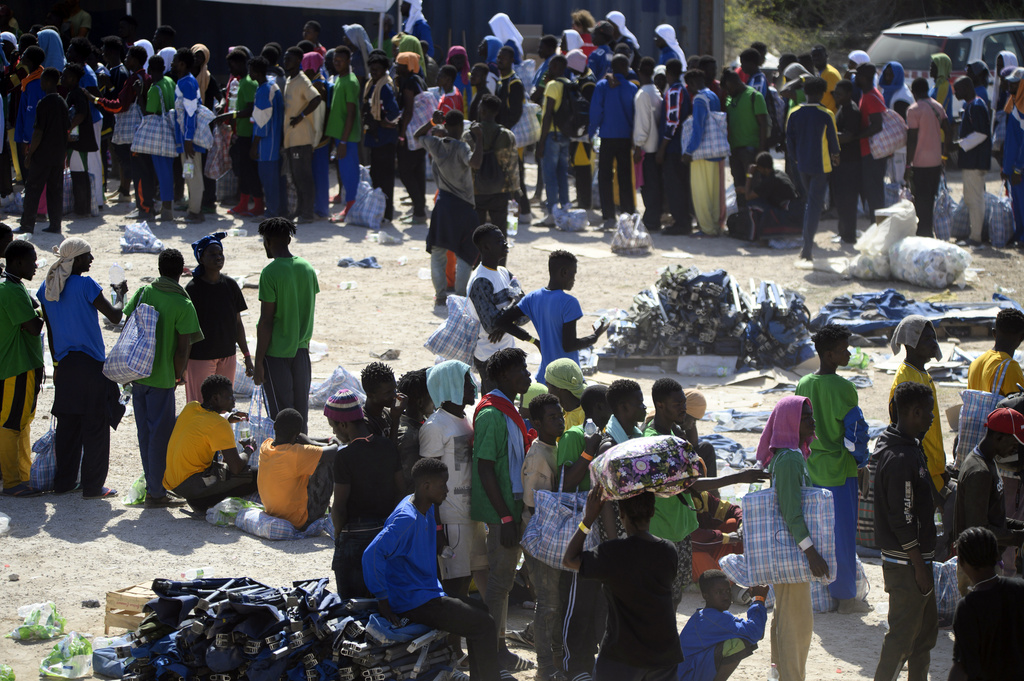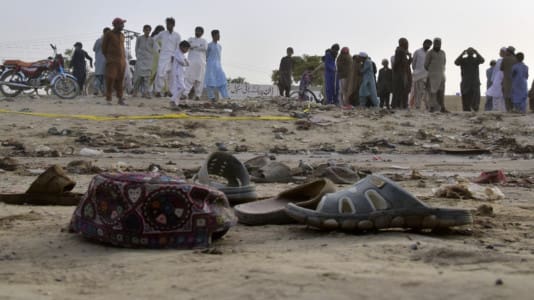Prof. Tomasz Grzegorz Grosse, a political scientist from the University of Warsaw, argues that for many Poles, the relocation of migrants simply transfers the issue from one country to another rather than addressing it. He suggests that a true solution would be to halt the influx of immigrants.
Grosse is referring to the EU’s New Pact on Migration and Asylum, which the EU is preparing to implement
According to Grosse, efforts by the European Union to integrate certain immigrants, especially radical Muslims, are likely to fail. With the high volume of migration, integration becomes especially challenging, and if immigrants establish their own neighborhoods, they often see no need to integrate.
The political scientist notes that while many immigrants from different cultural backgrounds do not integrate, they often hold views contrary to the values of member states of the European Union. In particular, most immigrants reject liberal and left-leaning values, Grosse asserts.
However, there are also positive integration examples.
“In Poland, we have many immigrants from Ukraine and Belarus who not only find work but also do not contribute to a rise in crime,” the scholar noted.
Regarding non-Muslim Asian nationals, such as Vietnamese and Chinese, Grosse says they don’t present problems, but this doesn’t mean they integrate well, especially in the case of the Chinese diaspora.
The most concerning group, in Grosse’s view, are immigrants who fail to integrate and struggle to find work. These individuals often collaborate with criminal organizations that facilitated their entry into the European Union and require payment for their services.
“France is increasingly heading towards civil unrest due to protests from immigrant descendants, even those in second and third generations. This is a bad omen for the stability of the French state,” warns Grosse. He also mentions growing tensions in Germany and a significant increase in criminal activity in Sweden, primarily associated with the drug trade.
“If we don’t learn from the situations in Western countries, similar events might also occur in Poland,” warns Grosse. He emphasized that the majority of Polish society is against accepting immigrants from outside Europe and opposes migrant relocation mechanisms. This pressure can be a threat to European unity.
Prof. Grosse was a participant in a migration-focused conference organized in Budapest by the Wacław Felczak Polish-Hungarian Cooperation Institute, the Hungarian Migration Research Institute, and the Maciej Korwin College.





